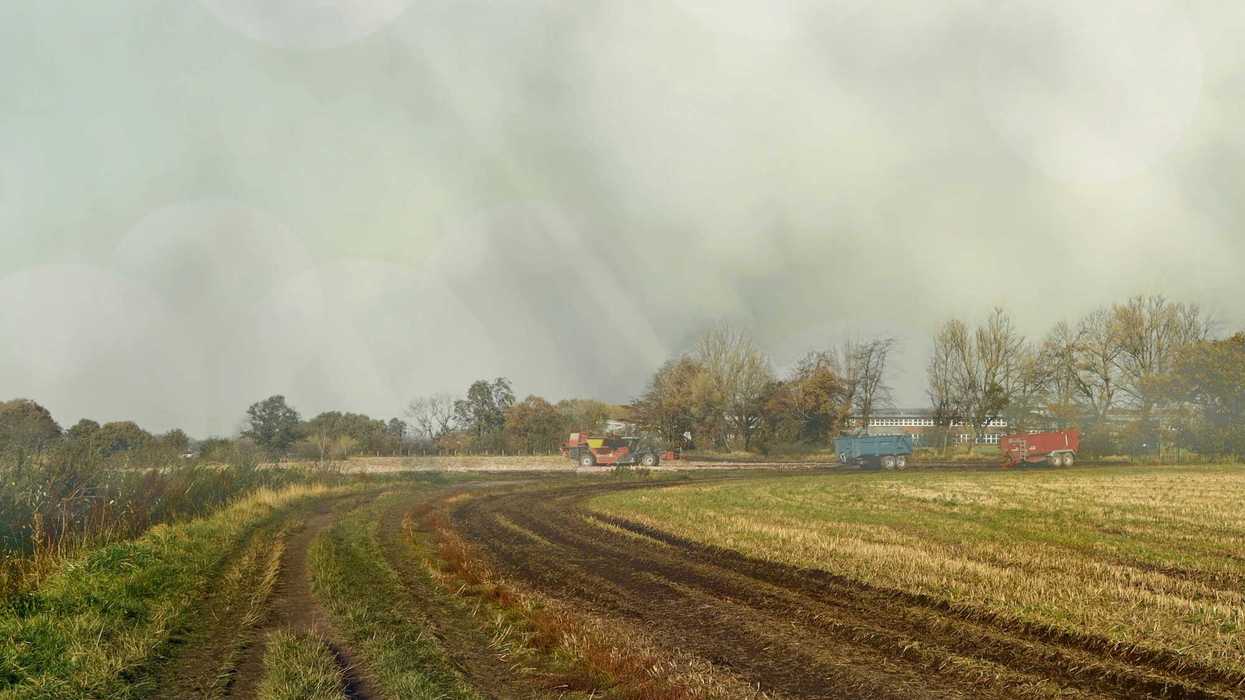In the face of worsening weather conditions, farmers in Andhra Pradesh, India, are turning to natural farming methods to bolster crop resilience.
Shawn Sebastian and Sibi Arasu report for The Associated Press.
In short:
- Natural farming in Andhra Pradesh uses organic materials as fertilizers and pesticides, enhancing soil water retention and crop robustness against extreme weather.
- The practice, buoyed by state support, contrasts with the prevalent use of chemical inputs, spotlighting the need for wider adoption and governmental backing.
- Despite challenges, success stories from the region, like Ratna Raju's farm surviving Cyclone Michaung unscathed, highlight the tangible benefits of shifting towards natural methods.
Key quote:
“I incurred huge losses. For the next planting season, I plan to use natural farming methods too.”
— Srikanth Kanapala, farmer
Why this matters:
In India, where agriculture is not just an economic activity but the backbone of rural life, the increasing unpredictability of weather patterns—ranging from delayed monsoons to unseasonal rains and extreme heatwaves—poses a severe threat to livelihoods and food security.
Industrial agriculture is a dead end. Agroecology is the only way to ensure that all people have access to sufficient, healthful food.














